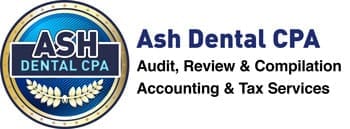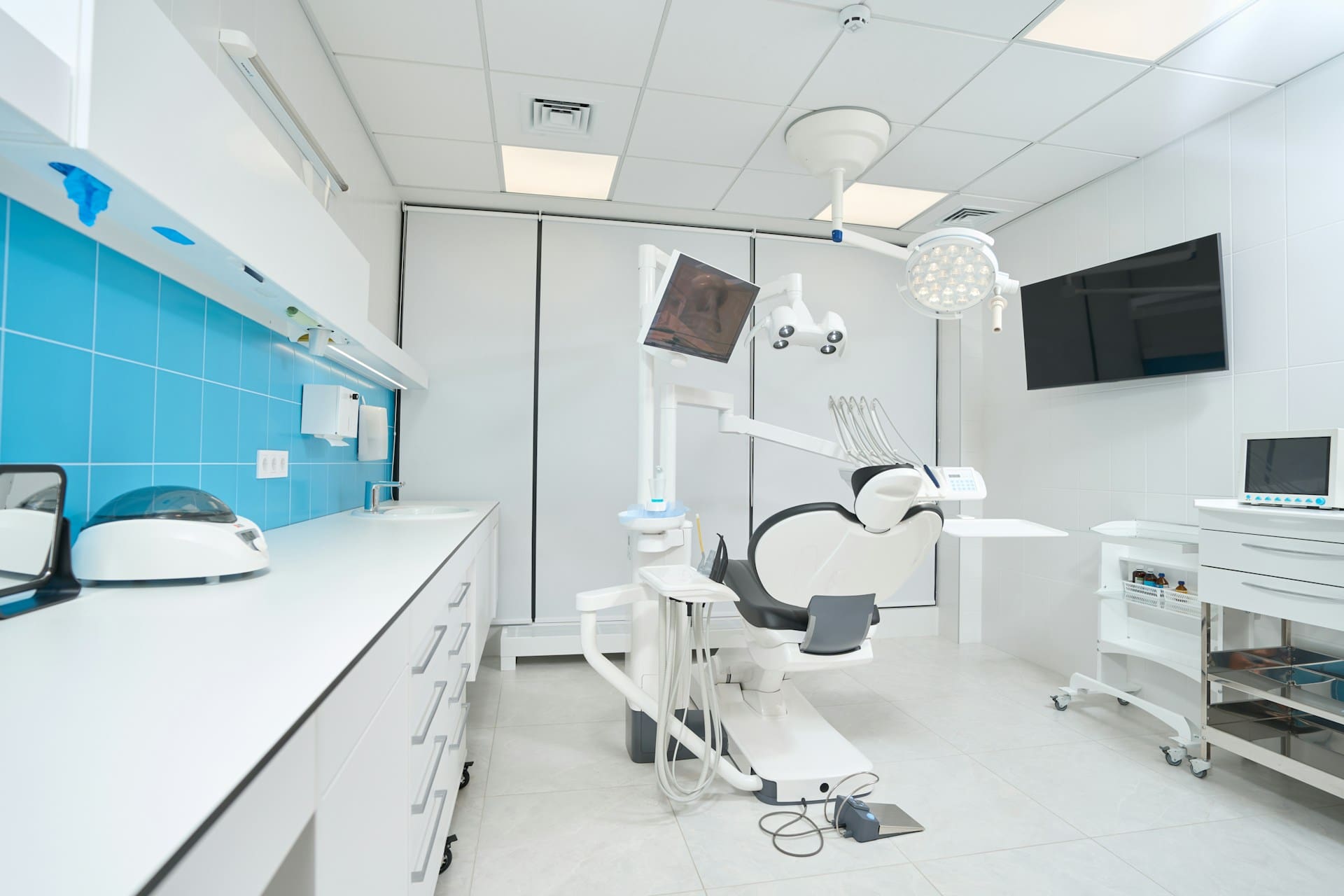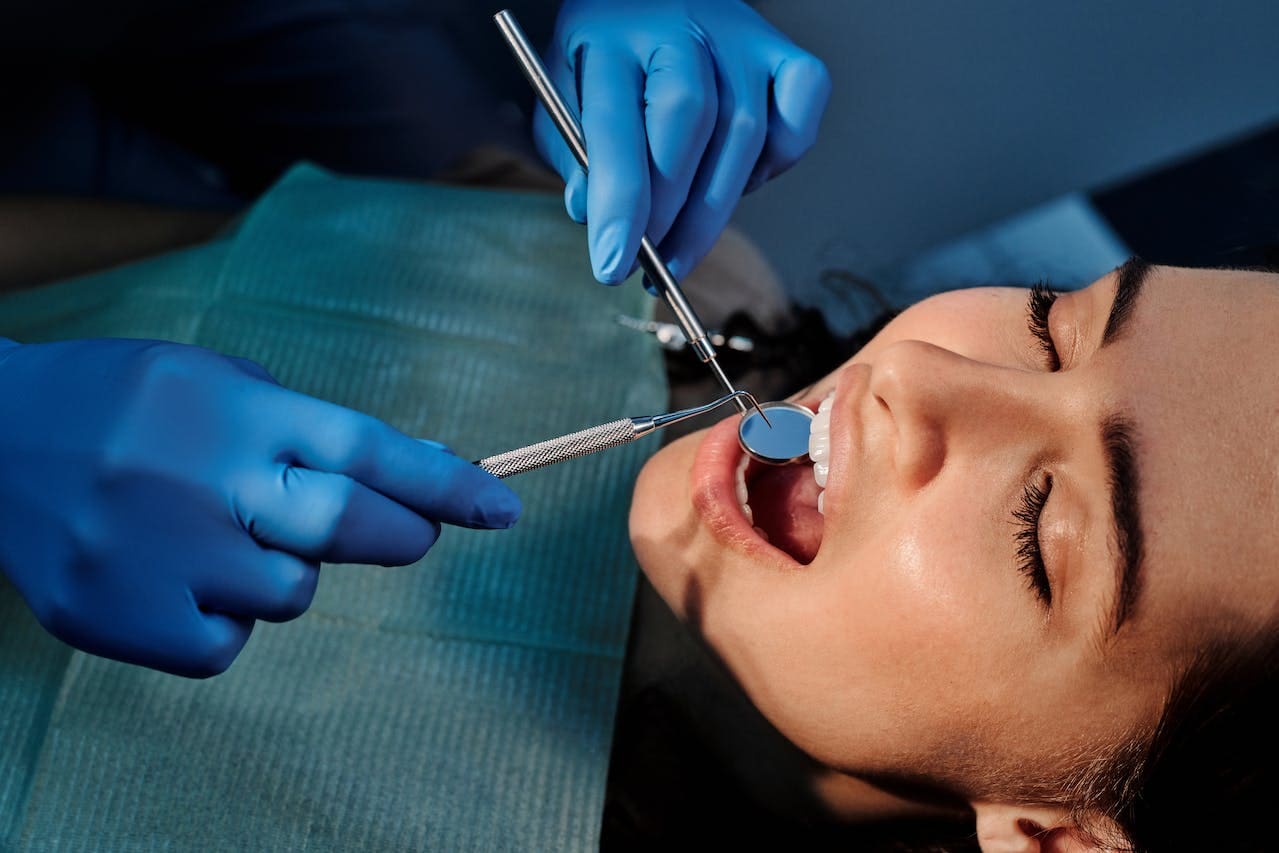Dental Practice Budgeting: Building and Managing a Financially Healthy Practice
Financial management is a critical component of running a successful and sustainable dental practice. An essential cornerstone of financial management is developing a comprehensive budget that outlines your practice’s expenses, revenue, and financial goals. Ash Dental CPA specializes in providing comprehensive financial and business advisory services tailored to help dental practitioners across the United States …
Read more









